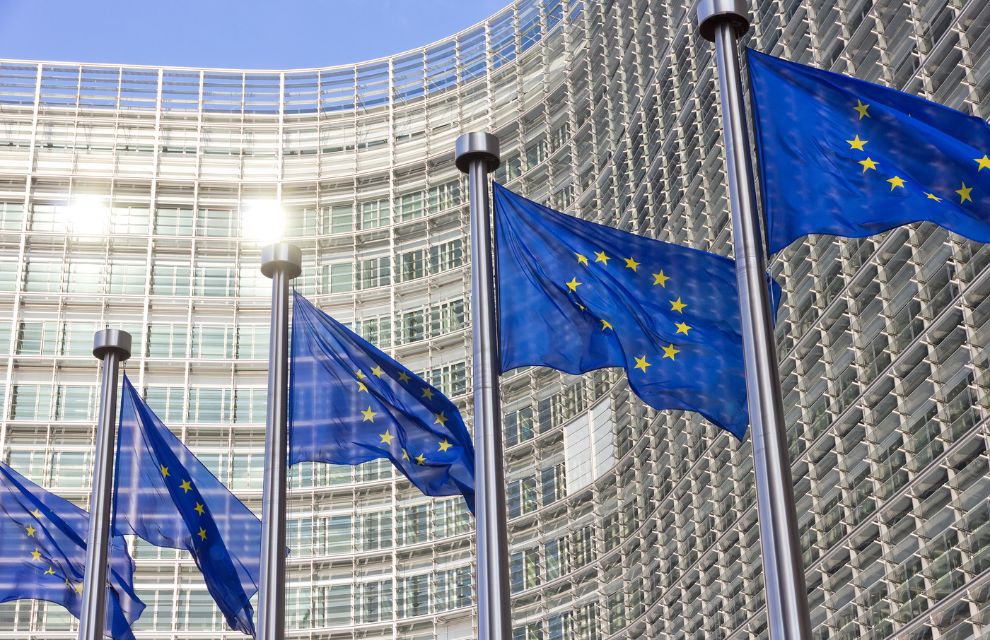Trade associations call for EMIR active account requirement to be dropped
07 September 2023 EU
 Image: AdobeStock/VanderWolf Images
Image: AdobeStock/VanderWolf Images
A group of industry associations have issued a joint statement calling for the removal of the active account requirement under the European Market Infrastructure Regulation (EMIR).
This provision in EMIR 3.0 requires that market participants have active accounts in EU central counterparties (CCPs) if they are to clear specified systemic derivatives contracts through those CCPs.
These components of EMIR 3.0 are currently being debated by the European Parliament and Council of the European Union.
In their joint statement, the 11 trade associations call on EU policymakers to remove the Active Account Requirement and to streamline the supervisory regime for EU-based CCPs across member states while taking steps to make CCP clearing in the EU more attractive and innovative.
These associations are the European Fund and Asset Management Association (EFAMA), the Banking and Payments Federation of Ireland, the European Association of Cooperative Banks, the FIA European Principal Traders Association (FIA EPTA), Federation of the Dutch Pension Funds, Finance Denmark, the Nordic Securities Association, the Alternative Investment Management Association (AIMA), ICI Global, the Futures Industry Association (FIA) and the International Swaps and Derivatives Association (ISDA).
They voice concerns that the Active Account Requirement will have a negative impact on EU clearing by generating fragmentation in the clearing layer, loss of netting benefits and making EU CCPs less resilient to stress.
This, they say, will put EU firms at a competitive disadvantage relative to third-country firms which will be able to trade and clear in global markets without restriction. EU clients that need to clear at an EU CCP to meet the active account threshold requirements may be forced to clear at an uncompetitive price when the price at an EU CCP is higher than that available at a Tier 2 CCP.
The associations urge policymakers to engage in a detailed cost-benefit analysis, and a thorough evaluation of the risks, impact on financial stability and consequences for market competitiveness, in forming important policy decisions such as whether to apply an active account requirement.
This provision in EMIR 3.0 requires that market participants have active accounts in EU central counterparties (CCPs) if they are to clear specified systemic derivatives contracts through those CCPs.
These components of EMIR 3.0 are currently being debated by the European Parliament and Council of the European Union.
In their joint statement, the 11 trade associations call on EU policymakers to remove the Active Account Requirement and to streamline the supervisory regime for EU-based CCPs across member states while taking steps to make CCP clearing in the EU more attractive and innovative.
These associations are the European Fund and Asset Management Association (EFAMA), the Banking and Payments Federation of Ireland, the European Association of Cooperative Banks, the FIA European Principal Traders Association (FIA EPTA), Federation of the Dutch Pension Funds, Finance Denmark, the Nordic Securities Association, the Alternative Investment Management Association (AIMA), ICI Global, the Futures Industry Association (FIA) and the International Swaps and Derivatives Association (ISDA).
They voice concerns that the Active Account Requirement will have a negative impact on EU clearing by generating fragmentation in the clearing layer, loss of netting benefits and making EU CCPs less resilient to stress.
This, they say, will put EU firms at a competitive disadvantage relative to third-country firms which will be able to trade and clear in global markets without restriction. EU clients that need to clear at an EU CCP to meet the active account threshold requirements may be forced to clear at an uncompetitive price when the price at an EU CCP is higher than that available at a Tier 2 CCP.
The associations urge policymakers to engage in a detailed cost-benefit analysis, and a thorough evaluation of the risks, impact on financial stability and consequences for market competitiveness, in forming important policy decisions such as whether to apply an active account requirement.
NO FEE, NO RISK
100% ON RETURNS If you invest in only one securities finance news source this year, make sure it is your free subscription to Securities Finance Times
100% ON RETURNS If you invest in only one securities finance news source this year, make sure it is your free subscription to Securities Finance Times



